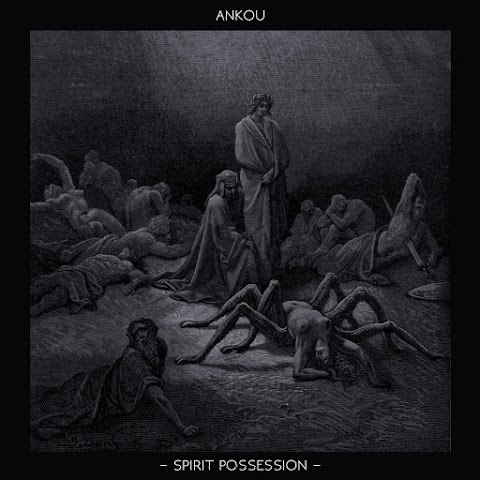Pythagoras

Pythagoras was born about 570 BCE on the island of Samos. He died at Metapontium, in modern-day Italy, about 500 to 490 BCE. In one version of his life, he died after being expelled from Croton (where he had founded his school) by a revolt against him and his followers; the revolt was led by Cylon, an influential man in Croton who had been rejected by Pythagoras for admission to his school.
What was Pythagoras’s religion?
It is difficult to speak about Pythagoras’s religion since he left no writings behind. However, the Pythagoreans believed that after death the human soul is reincarnated in other animals and thus that all living things have a certain kinship. Pythagoras’s followers championed certain forms of religious observance: for example, they did not eat beans, they performed sacrifices and entered temples barefoot, and they wore white clothing.
Pythagoras was born about 570 BCE on the island of Samos. He died at Metapontium, in modern-day Italy, about 500 to 490 BCE. In one version of his life, he died after being expelled from Croton (where he had founded his school) by a revolt against him and his followers; the revolt was led by Cylon, an influential man in Croton who had been rejected by Pythagoras for admission to his school.
Pythagoras was a Greek philosopher and mathematician. He seems to have become interested in philosophy when he was quite young. As part of his education, when he was about age 20 he apparently visited the philosophers Thales and Anaximander on the island of Miletus. Later he founded his famous school at Croton in Italy.
Pythagoras himself came up with the theory that numbersare of great importance for understanding the natural world, and he studied the role of numbers in music. Although the Pythagorean theorem bears his name, the discoveries of the Pythagorean theorem and that the square root of 2 is an irrational number were most likely made after his death by his followers.
It is difficult to speak about Pythagoras’s religion since he left no writings behind. However, the Pythagoreans believed that after death the human soul is reincarnated in other animals and thus that all living things have a certain kinship. Pythagoras’s followers championed certain forms of religious observance: for example, they did not eat beans, they performed sacrifices and entered temples barefoot, and they wore white clothing.











0 Comments